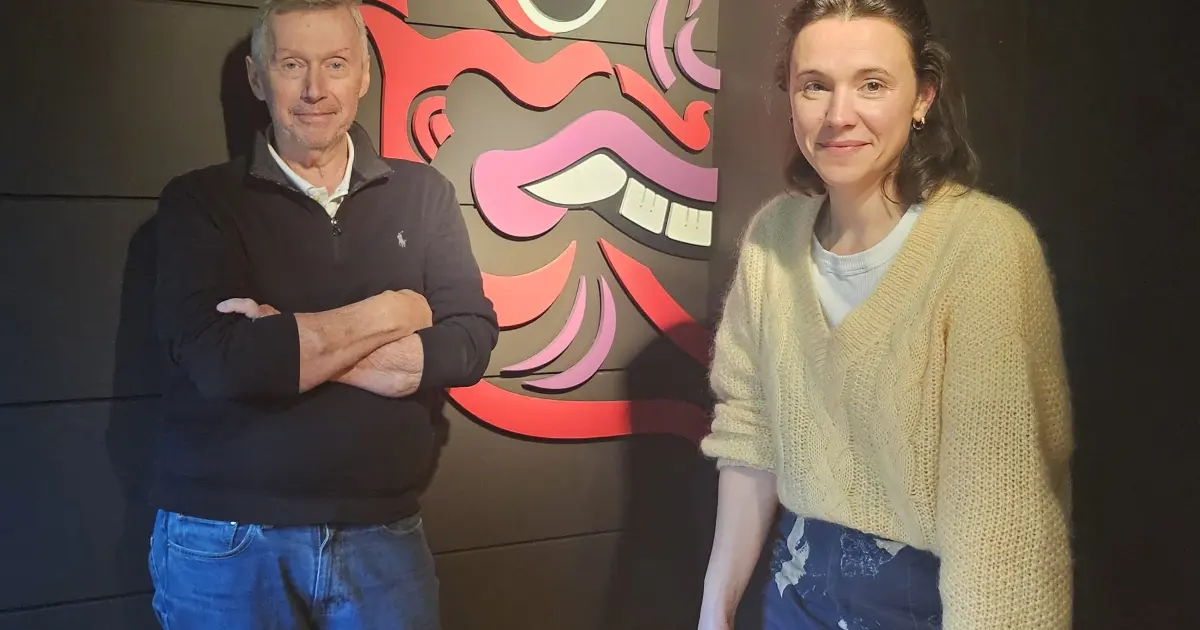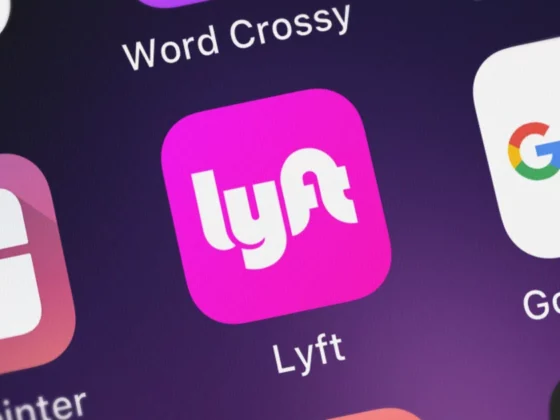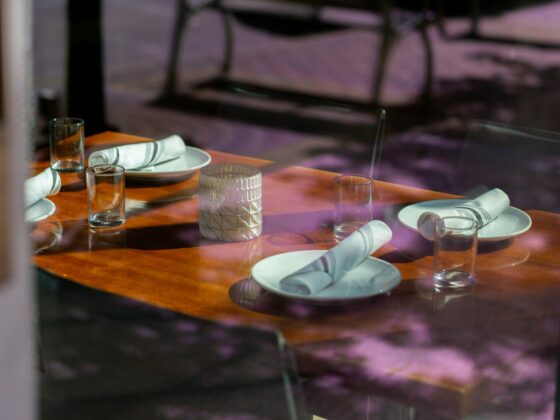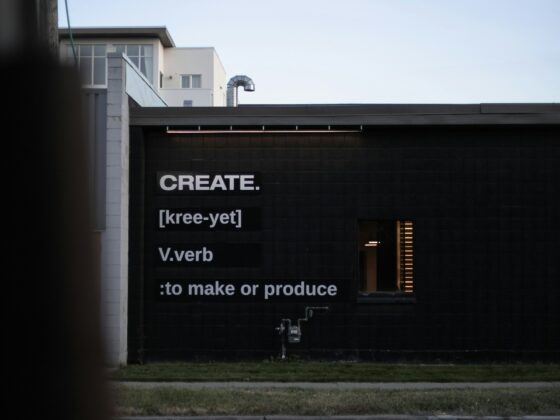
HOTREC’s Marine Thizon and Jasper Dober recently visited Thai Café, a popular restaurant chain in Belgium, to meet its founder and owner Michel De Bloos. The visit offered a glimpse into sustainability and innovation in the hospitality industry.
From single-use to reuse
The chain boasts 22 restaurants across Belgium, with a focus on balancing traditional Thai recipes with local ingredients. Initially, Thai Café fully relied on single-use plastic packaging for takeaway. After years of research and experimentation, the chain has helped develop and adopted an efficient system of reusable packaging.
For the past five years, Thai Café has integrated Kiobox, reusable packaging made from a durable mix of ABS plastic and wood fibres, produced in Europe and designed to last without degrading in quality. Reusable takeaway boxes have been in circulation for at least five years.
This low-tech system avoids the need for apps or data storage, making it cost-efficient for restaurants and accessible to consumers. The result? An impressive 90% return rate for packaging after five years, saving over 5 million single-use boxes.
Challenges and opportunities in reusables
Despite its success, the reusable packaging model is not without challenges. Most food delivery platforms currently do not support reusable packaging. This forces Thai Café to heavily rely on its in-house delivery team, which handles 75% of all orders.
The financial landscape also poses hurdles. Payment processors continue to charge commissions not only at the point of sale but also on the refund of guarantees for returned boxes.
Uncertainty surrounding the EU regulatory framework continues to hinder both investment and innovation. Reusable packaging is a key focus of the EU’s Packaging and Packaging Waste Regulation, but several questions remain unanswered. These include the preferred types of materials (whether composite or not), the recyclability of reusable packaging and the acceptable number of rotations for packaging. Addressing these uncertainties is crucial for ensuring the effective implementation of reusable packaging solutions.
A story worth telling
Thai Café’s journey from single-use to reuse is a testament of innovation and personal dedication and investment. It shows how practical solutions can reshape the industry, proving that sustainability and profitability can go hand in hand if well accompanied by consumers and policymakers.
For more information on Kiobox and reusable packaging, visit https://re-uz.com/en/kiobox/.





